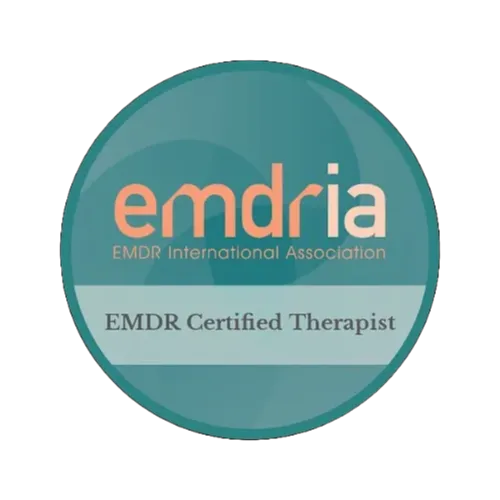7618 Slate Ridge Blvd , Reynoldsburg Ohio 43068
(614) 233-1089
Helping Your Brain Finish What Trauma Started
Helping Your Brain Finish What Trauma Started
Support for Those Who Serve
The nature of your work demands a level of mental and physical resilience that few can truly understand.
You face unique challenges every day, from managing high-stress environments to dealing with the aftermath of critical incidents. These experiences can take a toll on anyone.
I provide straightforward, effective support to help you handle these pressures, ensuring you remain sharp and well, both on the job and at home.
High Stress
Constant high-alert situations that require split-second decision-making can lead to chronic stress, affecting both your professional performance and personal life.
Emotional Fatigue
Repeated exposure to traumatic events can result in compassion fatigue or burnout, making it hard to connect with others or find joy in your work.
Physical Symptoms
Stress and fatigue often manifest physically—trouble sleeping, headaches, or more severe health issues—all of which can be signs that it’s time to seek support.
Isolation
Feeling like no one else understands your experiences can lead to isolation, even when surrounded by colleagues and loved ones.

EMDR Therapy
Why EMDR?
Sometimes, the body remembers what the mind tries to forget. Flashbacks, nightmares, hypervigilance, or emotional shutdowns are signs that trauma has been stored in a way your brain can’t fully process.
EMDR (Eye Movement Desensitization and Reprocessing) helps shift that.
It’s not talk therapy. It’s a structured, evidence-based approach that allows the brain to process traumatic memories and reduce the emotional charge they carry so you can finally feel some relief.
A Different Kind of Healing
EMDR doesn’t require you to rehash your story over and over. Instead, it helps your brain do the healing work internally to quiet the noise, ease the triggers, and build emotional resilience.
How it works
EMDR uses bilateral stimulation (often eye movements or tapping) while you briefly recall aspects of a distressing event. This helps your brain reprocess the memory in a more adaptive way—reducing the emotional intensity and allowing healing to occur.
EMDR can help all ages (infants to adults).
Rachel is certified in EMDR through EMDRIA and integrates this method with trauma-informed care that respects your pace and your story.

Healing doesn't mean the damage never existed.
It means the damage no longer controls your life.
EMDR Can Be Helpful For:
Post-Traumatic Stress
First responder trauma
Childhood or relational trauma
Anxiety or panic symptoms
Grief and loss
critical incident exposure
violence and abuse
Phobias
bipolar & other mood disorders
EMDR Questions
What is EMDR, and how is it different from traditional talk therapy?
EMDR (Eye Movement Desensitization and Reprocessing) helps your brain process unresolved trauma without requiring you to talk through every detail. It uses bilateral stimulation (such as eye movements or tapping) to activate your natural healing mechanisms.
Is EMDR safe?
Yes. EMDR is a well-researched, evidence-based treatment used around the world.I am certified through EMDRIA and ensures each client feels prepared and supported before and during the process.
Will I have to relive my trauma?
You won’t be asked to relive every detail of the event. Instead, EMDR helps you access memories in a contained way, so your brain can process them without being retraumatized. You remain in control throughout the session.
How long does EMDR take to work?
Every person is different. Some experience relief quickly, while others take more time. I will guide you through the phases of EMDR at a pace that feels safe and appropriate for your needs.
Can EMDR be combined with other therapy approaches?
Absolutely. I often integrate EMDR with talk therapy, mindfulness, and strengths-based interventions to provide a well-rounded, trauma-informed approach to healing.
READY for something new?
Let’s work together to create a life and career you love.
Reach out today and let's talk about the best way forward.
READY for something new?
Let’s work together to maintain your well-being.
Reach out today and let's talk about the best way forward.


